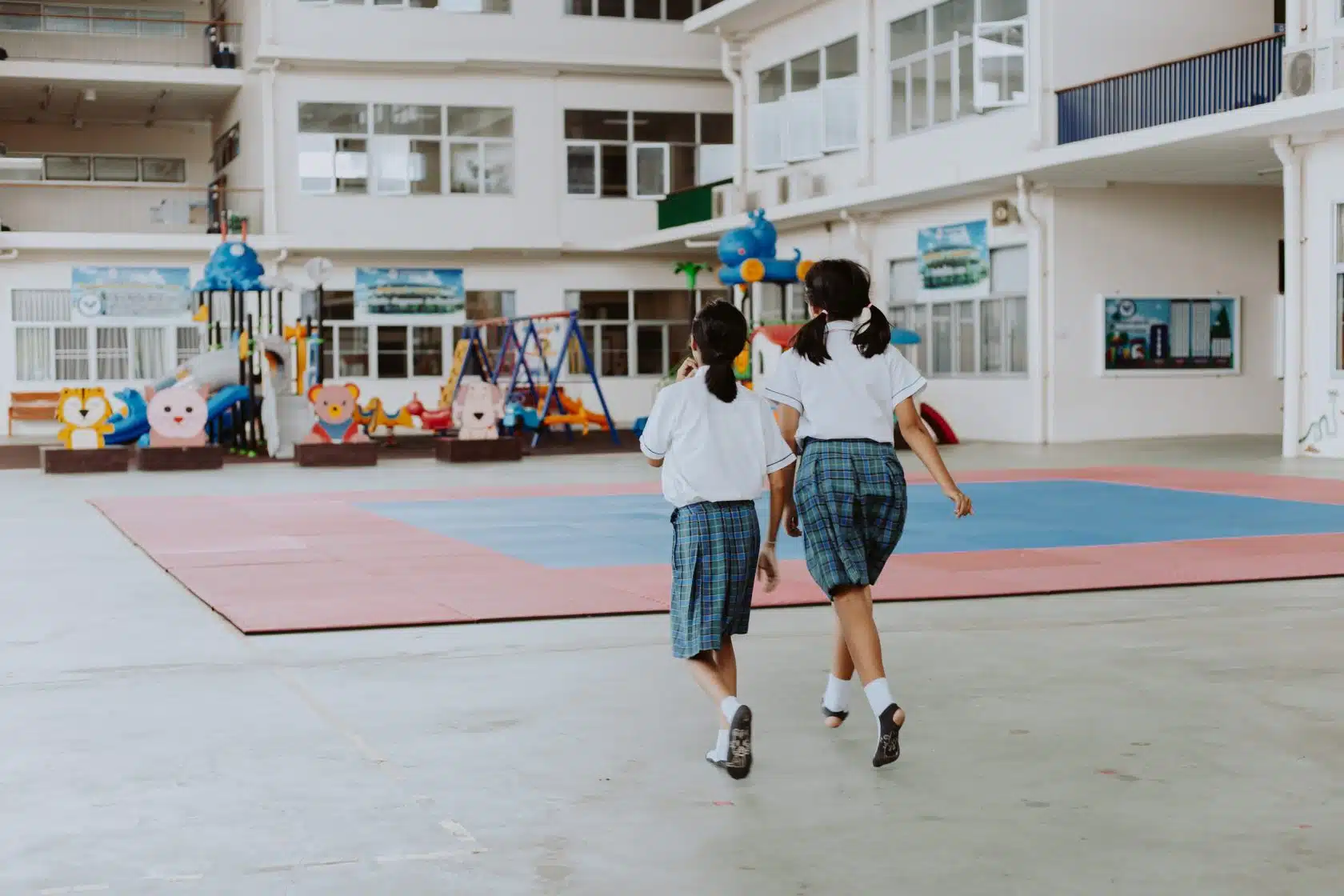Let’s take a look at the kinds of thought processes that can be affected by cognitive bias:
- Jumping to conclusions: Like guessing the end of a story from the start, cognitive bias might make us jump to conclusions without all the facts.
- Favoritism: Our brains might play favorites, leading us to prefer one thing over another, even without a solid reason.
- Sticking to beliefs: Sometimes, we want to keep our minds the same, no matter what new information we learn. That’s a cognitive bias at work too.
Cognitive bias is like a set of rules in your brain, sometimes leading us astray without noticing.
Now, how does this connect to Goally? Our tablet can help kids recognize and manage cognitive biases through its interactive games and activities. Goally aims to turn these unconscious decision-making processes into learning moments by building awareness. It’s like a workout for your child’s decision-making skills!















